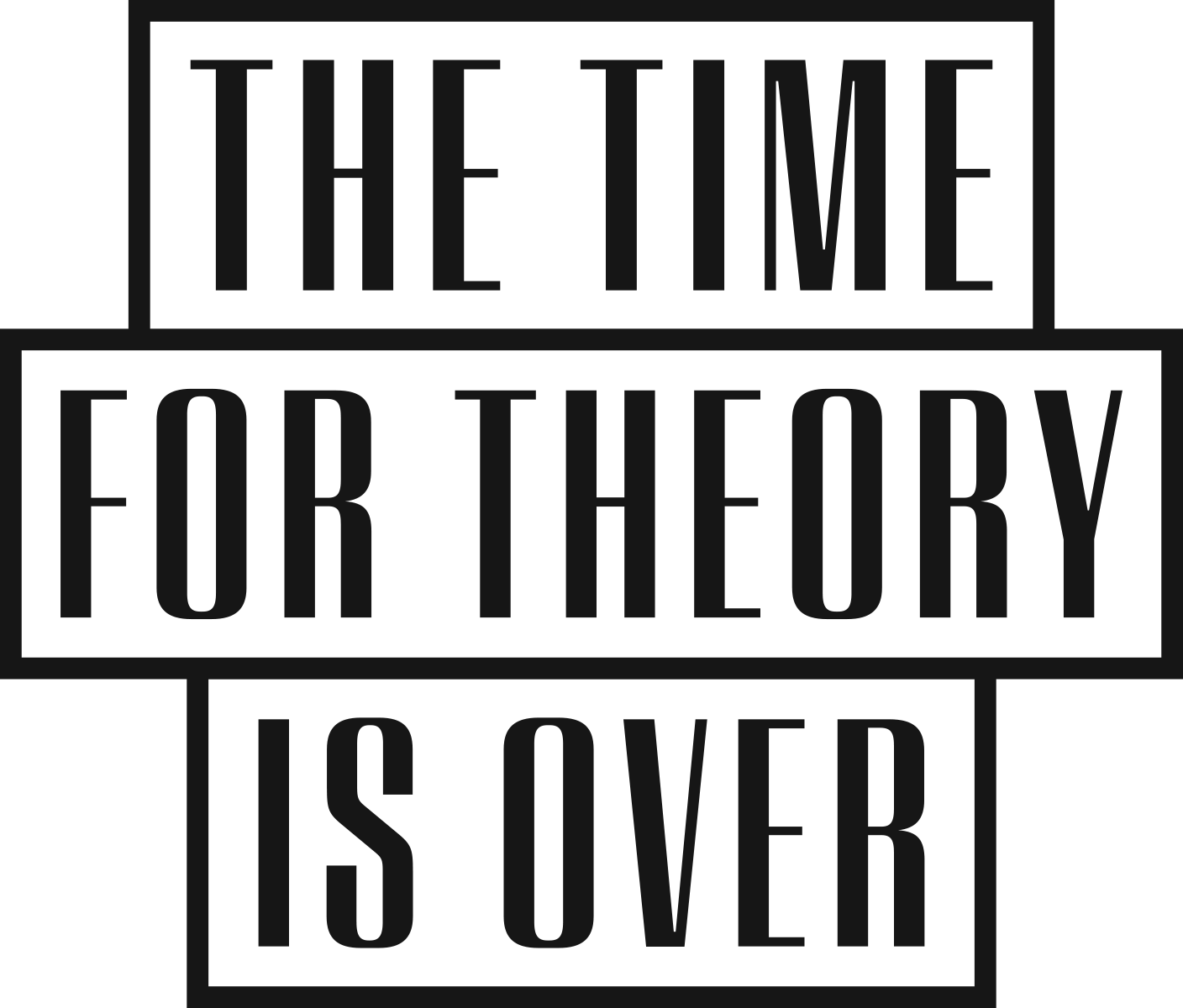Written by Jack Hardinges & Gavin Starks
Trusted data, urgently needed
Data has a huge role to play in delivering net zero by 2050.
Good data is vital for: verifying that organisations are meeting their commitments; enabling investors to shift their investments towards sustainable finance; and driving green energy innovation and production. But despite generating huge quantities of data every day, we’re not making the most of it.
Take data about companies’ emissions. Even when it’s shared, it’s seen as an exercise in after-the-fact reporting in PDFs, rather than continuous flows of well-structured, reliable data. Poor data is making it more difficult to quantify, invest and take action – for example, companies with low emissions struggle to prove their credentials and access green finance.
At Icebreaker One, we make data work harder to deliver net zero.
Building data infrastructure for net zero
Rather than build centralised databases or portals—which are expensive, fragile and struggle to scale—we drive the development of the minimal infrastructure needed to unlock data across organisations and create open markets.
Viewing data as infrastructure means applying the same principles we’ve long valued in physical infrastructure, like roads and bridges. Like an effective road, effective data infrastructure:

- Facilitates the production of value (a road doesn’t directly transport people itself).
- Supports multiple and diverse use cases (a road supports various types of carriage, including cars, bicycles, freight, etc).
- Is persistent and reliable (we can be confident a road will be there in a similar state tomorrow).
- Has interrelated, standardised components (including widths, markings, signage, etc).
- Is itself interrelated with other infrastructure (bridges, airports, parking lots, etc).
- Is governed by clear rules, which can be enforced (and can be varied to meet different the needs of different environments).
- Supports different business models (open, restricted, toll-based).
We believe that data infrastructure must address public and private sector needs, and should be governed openly and independently. Our approach is inspired by the UK’s Open Banking Standard, which has enabled data to flow in new ways across financial systems. It now has 10M UK users, applications in 80+ countries and is projected to sustain a $12B market of products and services.
And we’re making progress in delivering high-quality data infrastructure for net zero. Perseus, for example, will enable businesses to access over $100B of green finance, by automating high-quality sustainability reporting for every SME in the UK. More than 60 organisations have come together to build Perseus, including Visa, Sage and HSBC.
The case for philanthropy
While we’re making progress through projects funded by industry and the public sector, this type of funding isn’t conducive to building infrastructure for the long-term.
Developing effective infrastructure involves building teams with predictable and flexible investment rather than lumpy, unpredictable funding that’s tied to particular projects. Philanthropy is able to provide the former, which is especially important in the short run when firms may not yet be willing to pay to access infrastructure that has yet to reach a critical mass of users or utility.
Philanthropic capital is also vital to ensure that our net-zero data infrastructure prioritises the public interest. While industry must participate in its design, there’s a risk that, if left to the market alone, the direction of data use might be dictated by commercial actors. Our approach at IB1 ensures that no individual or entity can take disproportionate control of net zero data, and that end user needs rather than organisational agendas drive progress.
Like Open Supply Hub, which exists to make supply chain data open, accessible and trusted, our non-profit status “conveys our neutrality to stakeholders and our belief that everyone along the supply chain deserves to have a seat at the table as we try to address deep, systemic issues”. As the neutral, non-profit orchestrator for net-zero data, we engender the trust required among groups of organisations to open up access to data that they would otherwise keep locked away.
Organisations like IB1 have been described as Gazelles—a new breed of organisation for the 21st Century. We are not trying to be a Unicorn pumped with venture capital and optimised only for shareholder return, nor a Show Pony sustained only with grant funding and with limited real-world value. We agree that “it’s time to blaze a middle path in which philanthropic capital funds a variety of data service providers that are accountable to paying customers”.
Download: IB1 Concept Note for philanthropic funders
We’re working to make it easier for philanthropic audiences to engage with our work and are exploring new partnerships. You can read more about our plans in our concept note, or get in contact with us. The time for theory is over.

